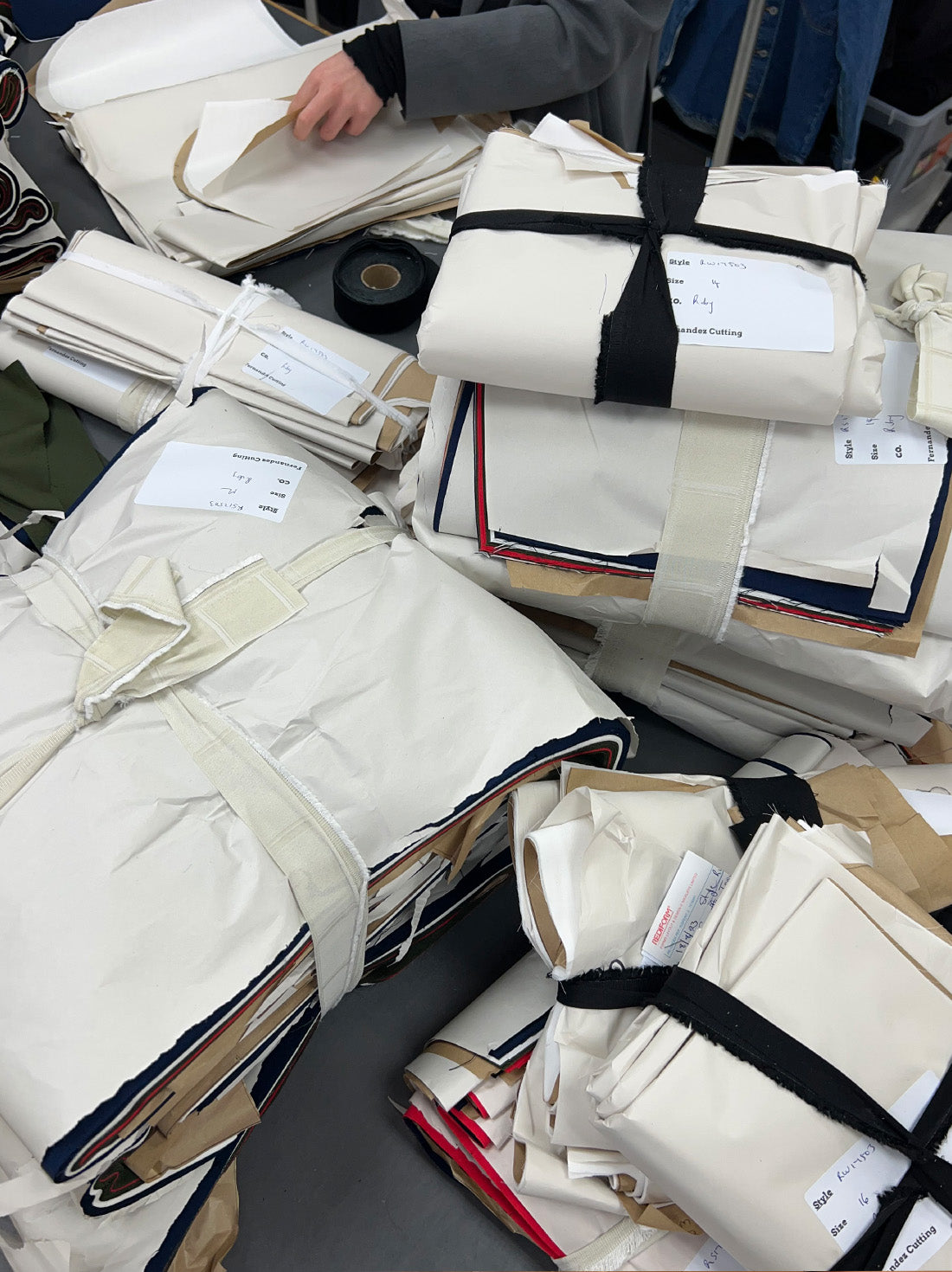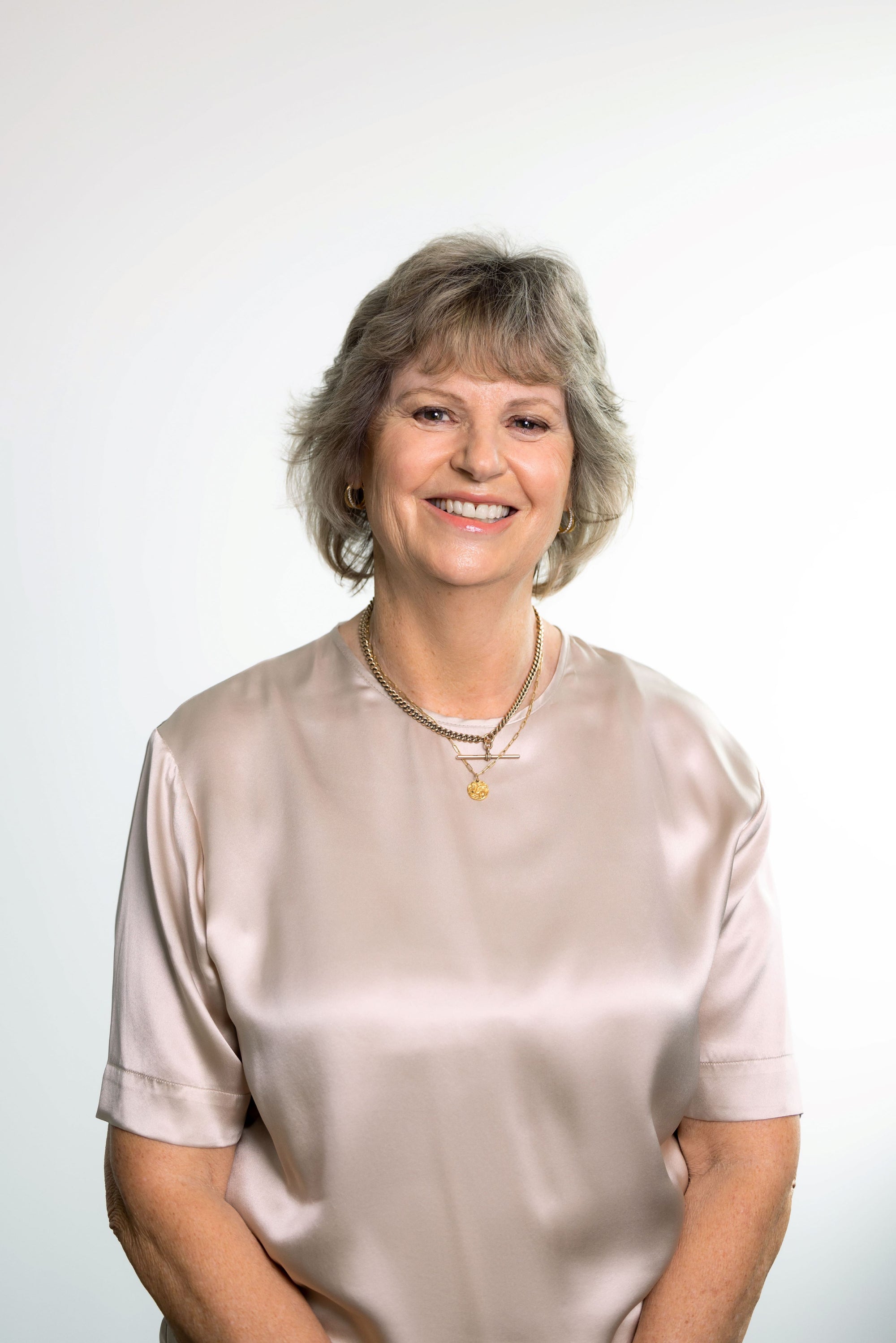Internationally renowned Endocrinologist Dr. Stella Milsom joins TBIYTC. Discussing the obstacles in specialising in endocrinology and reproductive health, Stella shares her journey over the last 30 years and the advancements that have been made within her field to bring understanding in such an important area.
"I learnt for the first time not to stress over having all the various aspects of my life under control. If one area was sorted, that was enough."
Do we rule our hormones or do they rule us?
I have been privileged to work in the field of endocrinology and reproductive health for over 30 years.
My field is called reproductive endocrinology. Reproductive endocrinologists diagnose reproductive disorders in men and women, from problems with puberty, ovulation, and fertility, right through to menopause and osteoporosis.
This speciality was a relatively new concept for New Zealand when I returned from overseas in 1993. I had been trained not just in endocrinology but also to be a general physician and diabetologist but somehow the diabetes and general medicine didn’t appeal. Instead I wanted to investigate the new research that was beginning to explain missing links in fertility and ovulation and try out some of these ideas in clinical medicine.
I was apprehensive about beginning in this speciality, which no one else practised in New Zealand, but none the less, with support from wonderful mentors at Fertility Associates, and my spouse’s belief in me, I began. By then, I had spent 6 years at medical school, and a further 8 years training in obstetrics, gynaecology and general endocrinology. I had then turned to research and studied for my doctorate of medicine in the paediatric part of Auckland University under Professor Sir Peter Gluckman. This was a difficult experience. Professor Gluckman was a wise and experienced supervisor but of course not present much of the time. I was new to laboratory medicine and felt so out of my depth with the other scientists. In retrospect, it was a misogynistic laboratory environment and I was too shy and inexperienced to speak up. Later on, speaking to the female staff in the lab, we realised we should have been more proactive together. At this time I was also pregnant and suffering from hyperemesis. I vomited nonstop and was very much on my own given that my husband had little flexibility or time at home with his dual careers as a cardiac surgeon and sheep farmer. There was no such thing as work from home or flexi hours or paternity leave for him! Somehow, though, being young and energetic, and knowing that my husband believed in my career as much as his own, and had no expectations of coming home to a cooked meal, or his dry cleaning fetched, we muddled through. Our lovely Nanny Jill did a lot of the child care while we were at work and because we weren't very social, the children saw plenty of me out of hours. During this time, even though my mother lived in the South Island, she provided great moral support, influenced no doubt by her own difficulty in achieving an academic life outside the home.
The next adventure was moving the family, by this time including a 2 year old and an 8 month old baby, overseas, while trying to keep our farming operation (at this point, two farms) operating back in New Zealand. We were influenced in choice of destination by the quality of the training institution, but it was also important to have some leisure time with our young family, notoriously difficult to achieve in the USA. It meant sitting additional unpleasant licensing exams before we went, but gaining the qualifications enabled us to practice as clinicians in both the USA and in London, rather than being limited to research. These two years away, despite the 5am starts with young children, the fact my husband was home only half day a week, and in London was studying for his final speciality exams, were wonderful. The children adapted really well and were quickly talking like North Americans and mocking us for not knowing what a Kleenex was (a tissue). I learnt for the first time not to stress over having all the various aspects of my life under control. If one area was sorted, that was enough. My American female friends and colleagues were great supports. North American women work really hard, only taking 6 weeks leave to have a baby, but childcare was readily available. All of us in my department -the secretaries, nurses, doctors and other allied health professionals juggled various responsibilities, but refreshingly, did not pretend to be wonder women and cheerfully admitted when domestic duties got skipped.
Upon our return to New Zealand, I was finally ready to be a senior medical officer. Usually in specialist medicine, if one worked hard enough and didn’t upset too many people, the pathway was straight forward to specialist status. In my area, this meant practising in endocrinology and general medicine. Instead, I nervously considered ignoring the conventional job options to focus on reproductive endocrinology, even though there was no job to apply for and therefore no surety about a salary. But to wake up each morning with a passion for one’s work seemed to me worth striving for, even if it was a risky venture and well outside my comfort zone. This was where the leadership and forward thinking of the Fertility Associates principals, Richard Fisher and Freddie Graham, and Guy Gudex at National Women’s Hospital came to my rescue when they heard what I wanted to accomplish. Jobs were created in private and public hospitals, and at Fertility Associates I was even given a rent free office to begin my practice.
Today, the waiting list is out to six months, work is fulltime and our group has expanded to five wonderful women all practising in the same field. There have been important advances over these three decades in understanding why the reproductive system sometimes malfunctions, including a much better awareness of the molecular basis of reproductive disorders. We know that events in utero, in childhood and during puberty may influence not just a woman’s later reproductive system but her adrenal, thyroid and bone health as well. The connections between weight, exercise patterns, lifestyle, and stress levels and reproductive health are much better understood.
We have seen exciting changes in improving fertility outcomes, where ovulation can be replicated or assisted and women who would otherwise be infertile now have the potential to become mothers. We have learnt how to diagnose and manage many reproductive conditions with more surety so that women moving into later life are less at risk in terms of their bone and heart health. Menopause is now discussed openly, at home, at school and in the work place without the stigma that was once attached. Pleasingly, we have seen New Zealand women gain a better understanding of the importance of healthy lifestyle choices during reproductive life stages.
I still drive to work every day with anticipation to work in this dynamic and interesting field and feel very fortunate that New Zealand has provided a supportive environment in which to nurture specialist medical expertise in such an important area.
Written by Dr. Stella Milsom

















